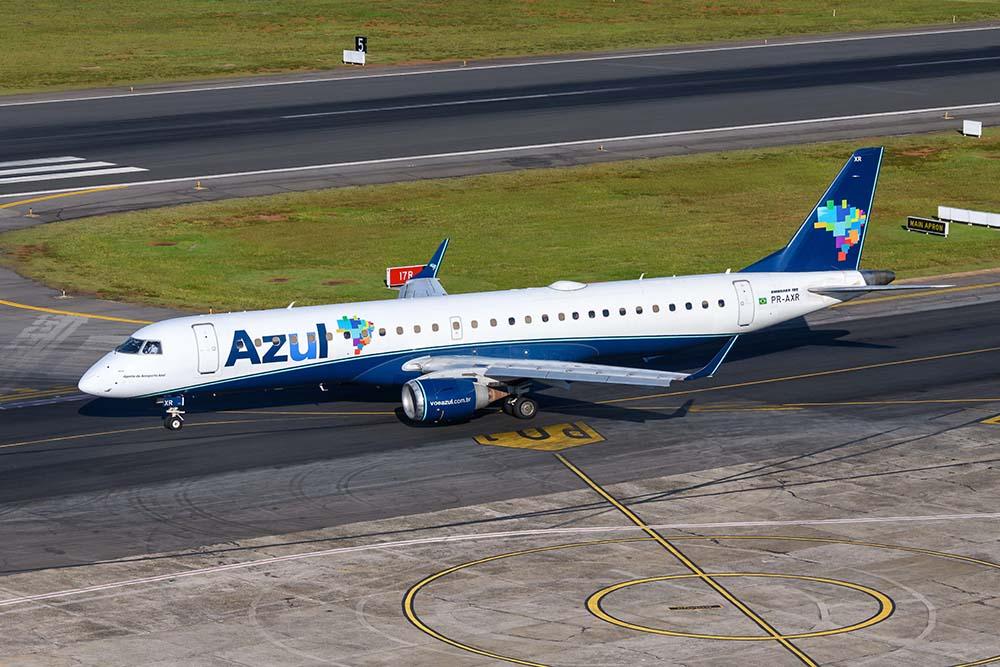
Last year, Brazilian carrier Azul launched its dedicated MRO arm, Azul TecOps, based in Sao Paulo and operating out of the largest maintenance hangar in South America.
The new unit gave the carrier a high degree of self-sufficiency, with airframe capabilities across most Airbus and Embraer types, the ATR turboprop and the Boeing 737-400F, plus a wide range of component services.
Even so, the airline has been affected by the same supply chain problems plaguing the rest of the aftermarket, which has forced it to outsource some aircraft checks outside South America.
“Azul TecOps has the capacity and technical excellence to handle heavy checks at its facilities. However, due to external factors arising from geopolitical issues and the post-pandemic scenario, we have directed external redelivery services for ATR 72-600 and Embraer E1 aircraft outside of South America,” Flavio Costa, Azul’s vice president of technical, tells Inside MRO.
Costa adds: “It’s important to highlight that the post-COVID-19 pandemic scenario, with the return to flight regularity and increased supply by airlines, has caused difficulties in the supply chain and a reduction in workforce worldwide. Therefore, for strategic reasons, Azul has outsourced some checks and primarily aircraft redeliveries for service contracting.”
He also highlights the price of outsourcing, noting that Azul saves about 25-30%—or around $500,000—per heavy check it conducts internally.
Last year, Azul completed negotiations with lessors to reduce its annual lease payments by about $1 billion. It also secured agreement to end some Embraer E1 leases early as it looked forward to receiving newer E2 models.
“Every time we take an E2, it’s the most profitable thing we can do because we get rid of the E1, we upgauge even further by 18 seats to 136 seats, and [have] fuel burn 25% lower per seat,” said CEO John Rodgerson at the time.





